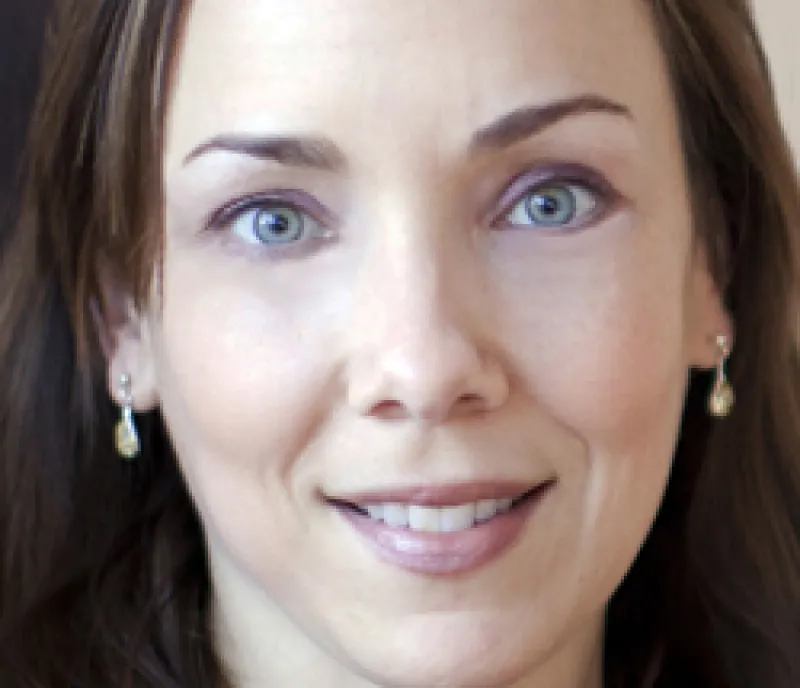
New Green Portfolio Program Could Change Private Equity
With its emphasis on environmental responsibility, a trendsetting alliance between leveraged buyout giant Kohlberg Kravis Roberts & Co. and the nonprofit Environmental Defense Fund could change the private equity business.
Katie Gilbert
September 6, 2011


